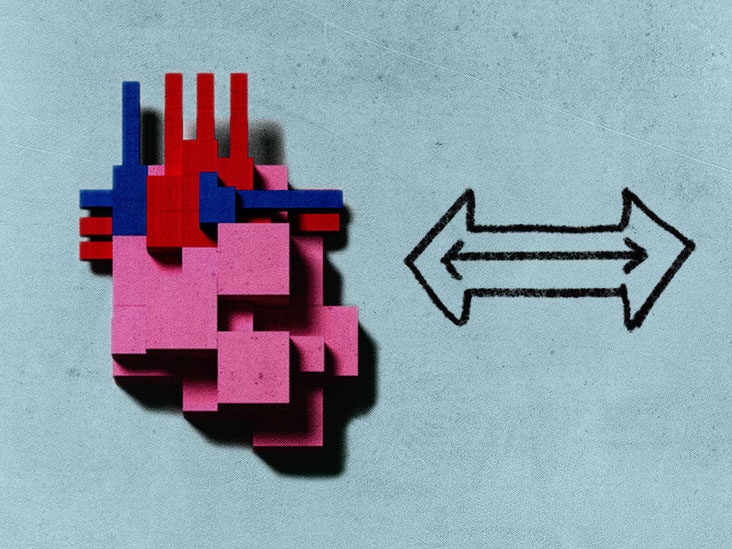A new study shows how magnesium helps the immune system eliminate cancerous cells in mice.
 MNT's Sunday Supplement: How magnesium primes the immune system to fight cancer and infections | Magnesium is important. This essential macromineral plays a vital role in many hundreds of enzyme reactions in the human body, supporting nerve, muscle, and immune system function, as well as blood pressure regulation and insulin metabolism. Magnesium also appears to affect the progression of cancer, and new research, which MNT reported on this week, has discovered why this might be.
Swiss scientists found that cytotoxic "killer" T cells can only destroy cancerous or infected cells in the presence of magnesium. Without it, docking sites on the surface of these T cells remain bent out of shape and unable to bind to their targets.
So, the scientists used targeted lipid nanoparticles to boost magnesium levels inside tumors in mice and found that this boosted the effectiveness of immune therapy. Clinical trials of this treatment and magnesium supplementation in humans are now at an advanced stage of planning.
What about supplementation with magnesium in healthy people? Does that also reduce the risk of developing cancer? So far, there is only evidence for an association between magnesium and treatment outcomes. However, about 48% of people in the United States do not get enough of this essential mineral in their diet, so it is likely that supplementation could deliver wider health benefits.
To learn more about how treatment with magnesium may improve cancer treatment outcomes, jump to "Magnesium in cancer and immunity."
Also this week, we reported on the surprising discovery of many new types of single celled organisms in the human gut that are neither bacteria nor viruses. In addition, we considered the health risks of cannibalism and looked at why 35 days of exercise is the sweet spot for encouraging nerve regeneration, at least in mice.
We will return with our regular daily newsletter tomorrow. Please get in touch by email if you have any feedback, comments, or questions about this week's Sunday Supplement.
Tim Snaith
Newsletter Editor, Medical News Today | | | | | The microbiome: What about archaea? |  | | | | Our knowledge about gut bacteria is steadily building, but we know much less about the archaea in the human gut. A new study has started to fill this gap. | Read on  | | | | | | Cannibalism: A health warning |  | | | | For many reasons, cannibalism is unanimously frowned upon in the Western world. But, aside from the ethics, is eating human flesh bad for your health? | Read on  | | | | | | Heart and brain health inextricably linked, data show |  | | | | The newly released update of the American Heart Association's (AHA's) Heart Disease and Stroke Statistics shows a very close link between heart and brain health. | Read on  | | | | | | Optimal levels of exercise reverse cognitive decline in mice |  | | | | New research in mice reveals an optimal level of exercise that may reverse cognitive decline. Further research in humans is necessary. | Read on  | | | | | | What to know about the MIND diet |  | | | | What is the MIND diet? Learn more about this diet, including what it involves, its purpose, the potential health benefits, and a sample meal plan. | Read on  | | | | | | TV watching may increase risk of severe blood clots |  | | | | A meta-analysis of existing research finds a link between prolonged TV watching and an increased risk of venous thromboembolism. | Read on  | | | | | | Does the gut play a role in dementia? Here is the evidence |  | | | | What do we really know about the link between the bacterial composition of the gut and dementia risk? In this feature, we look at the existing evidence. | Read on  | | | | | | Are apple cider vinegar shots good for you? |  | | | | Apple cider vinegar (ACV) shots are concentrated mixes of ACV and another liquid, such as juice. Learn about the possible benefits and side effects here. | Read on  | | | | | | |
Comments
Post a Comment